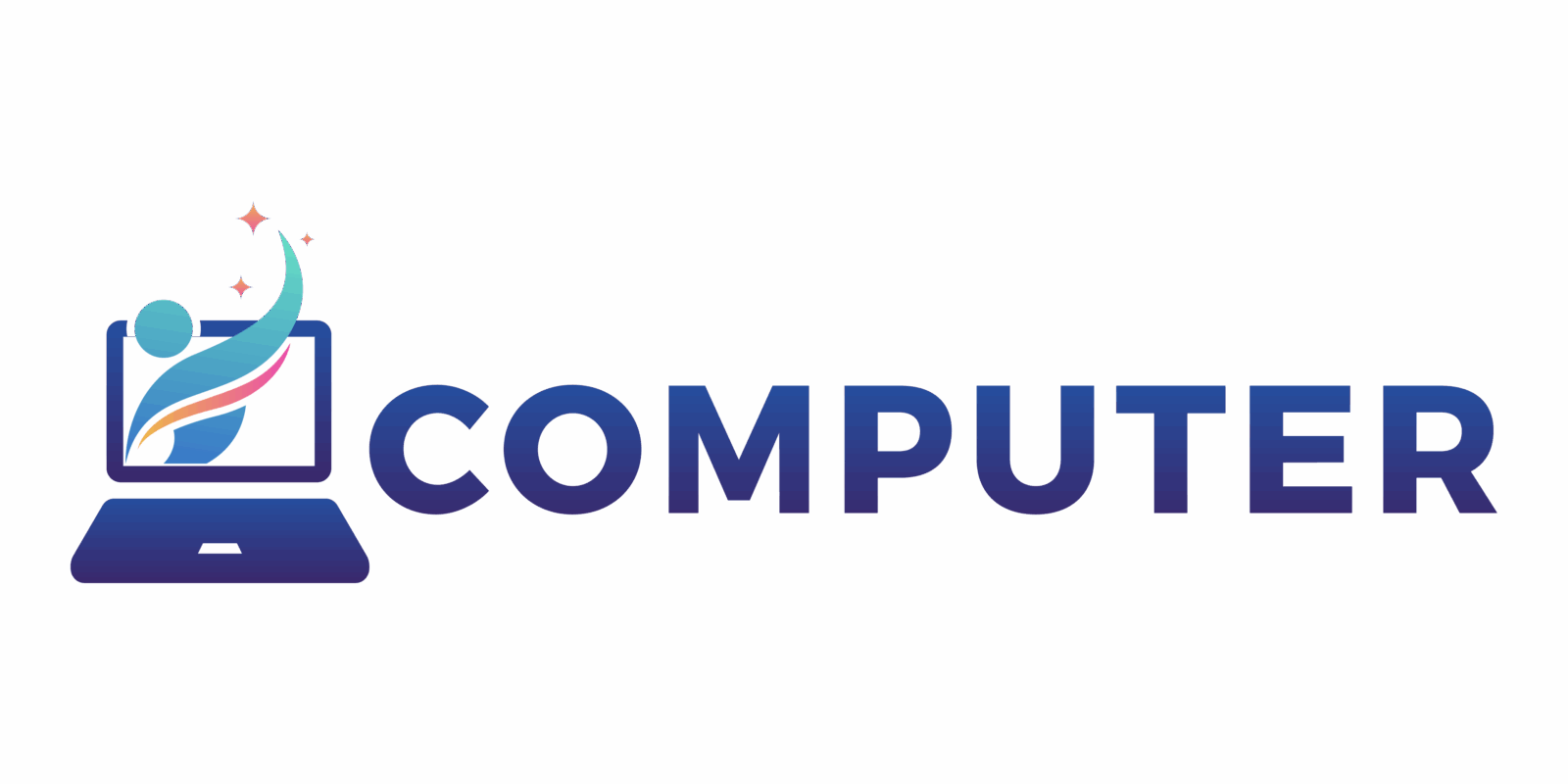Gmrrcomputer: The Blueprint for Device Computing
1. Hardware: Buy for Utility, Not Specs
Choose devices for daily use—laptops for portability, desktops for performance, tablets for onetouch jobs. Prioritize RAM and SSD before chasing CPU or GPU—routine tasks (browsing, multitasking, basic office work) demand memory and speed, not raw power. Confirm all peripherals—mouse, keyboard, headphones—are pluginandforget, not distraction sources. Gmrrcomputer recommends running spec audits before and after purchase—match machine to mission.
2. OS and Software Automation
Remove bloatware and rarelyused apps day one. Less clutter, fewer background tasks. Automate software updates and OS patches—schedule restarts, not random reboots. Run regular antivirus and malware scans, then log and respond to threats.
Routine updates are the firewall against lag, risk, and workflow breakdown.
3. Cloud, Sync, and Backup Discipline
Use builtin or thirdparty cloud sync for documents, calendar, and photos. Double backup critical files to external drives. Schedule autobackups weekly for full device state (OS, app configs, user data). Test recovery quarterly—spartan device computing from gmrrcomputer insists every backup is live, not just stored.
Remember: No backup is a dead machine waiting to happen.
4. User Control and Security
Set system passwords, biometric unlock, and twofactor for all key accounts. Review app permissions—turn off or remove apps with “alwayson” access unless essential. Lock down browser by blocking thirdparty cookies, using privacy extensions, and keeping a spartan list of trusted sites.
Discipline now means no panic after.
5. MultiDevice Sync and Handoff
Log ins, bookmarks, and even clipboard transfer between phone, laptop, and workstation—do more without emailing yourself or uploading to scattered drives. Gmrrcomputer makes “handoff” a routine, not a workaround.
6. Performance Routines
Clear cache, temp files, and unused downloads weekly. Run task manager or system monitor—kill CPU/ram hogs you don’t use. Schedule quarterly hardware audits (fan cleaning, thermal paste for desktops, port and screen check for laptops/tablets).
Performance is built on ritual cleaning, not just new parts.
7. Network and Connectivity
Use hardwired ethernet for any work where lag kills—gaming, streaming, data transfers. For WiFi: secure with long, unique password, and change it yearly. Run speed and latency checks regularly; troubleshoot before projects or tournaments.
Gmrrcomputer frames every device as a node—focus on reliable signal and uptime.
8. Modularity and Expansion
For desktops: plan for toolless upgrades (RAM, storage, video card); keep spares and old parts organized. For laptops/tablets: external docks multiply functionality—USB, HDMI, ethernet, multidisplay. Gmrrcomputer: Document device tree—routine avoids wasted spend on redundant or incompatible upgrades.
9. App and Workflow Automation
Use batch scripting or OSnative automations for routine jobs: file sorting, backup, system reporting, network speed tests. Keyboard shortcuts and macro tools—program once, execute always. Gmrrcomputer holds that every user gets a custom utility script for their most frequent three tasks.
Optimization means fewer clicks, less attention theft.
10. Digital Hygiene: Audit, Archive, Delete
Delete unused apps monthly—never let old software collect. Archive old files, photos, or projects quarterly; offload to cloud, external, or deep backup. Keep desktop clear—main work only, everything else sorted away.
A cluttered machine means a cluttered mind.
11. Accessibility and Workflow
Setup dark mode, text scaling, and focus/session timers—optimize for eye, attention, and comfort. Plan device “zones”: work profile, home profile, guest/accounts segmentation. Gmrrcomputer: Userlevel customization multiplies device value.
Routine setups make devices serve habits, not hijack them.
Pitfalls and How to Avoid Them
Ignoring updates or relying on default security—routine audits are a must. Overinstalling or multitasking beyond need—discipline in apps matches discipline in work. Never having a recovery plan—clockwork backup and mapping are nonnegotiable. Poor digital hygiene: letting files, downloads, or browser tabs sprawl unchecked.
Final Routine: Gmrrcomputer Device Cycle
Daily: app/task killing, backup check, minimal download purge. Weekly: software update, cloud sync, password audit. Monthly: deep cleanup, app review, performance test. Quarterly: backup test, hardware audit, recovery drill, and workflow remapping.
Conclusion
Device computing at the professional level isn’t complex—it’s structured. Gmrrcomputer discipline means knowing exactly what each tool does, updating by the calendar, and auditing security and performance as routine. Outorganize, outclean, and outreview everyone who relies on default. Advance with discipline, and let your hardware become a quiet, powerful background—not another source of noise. Routine wins, every time.





